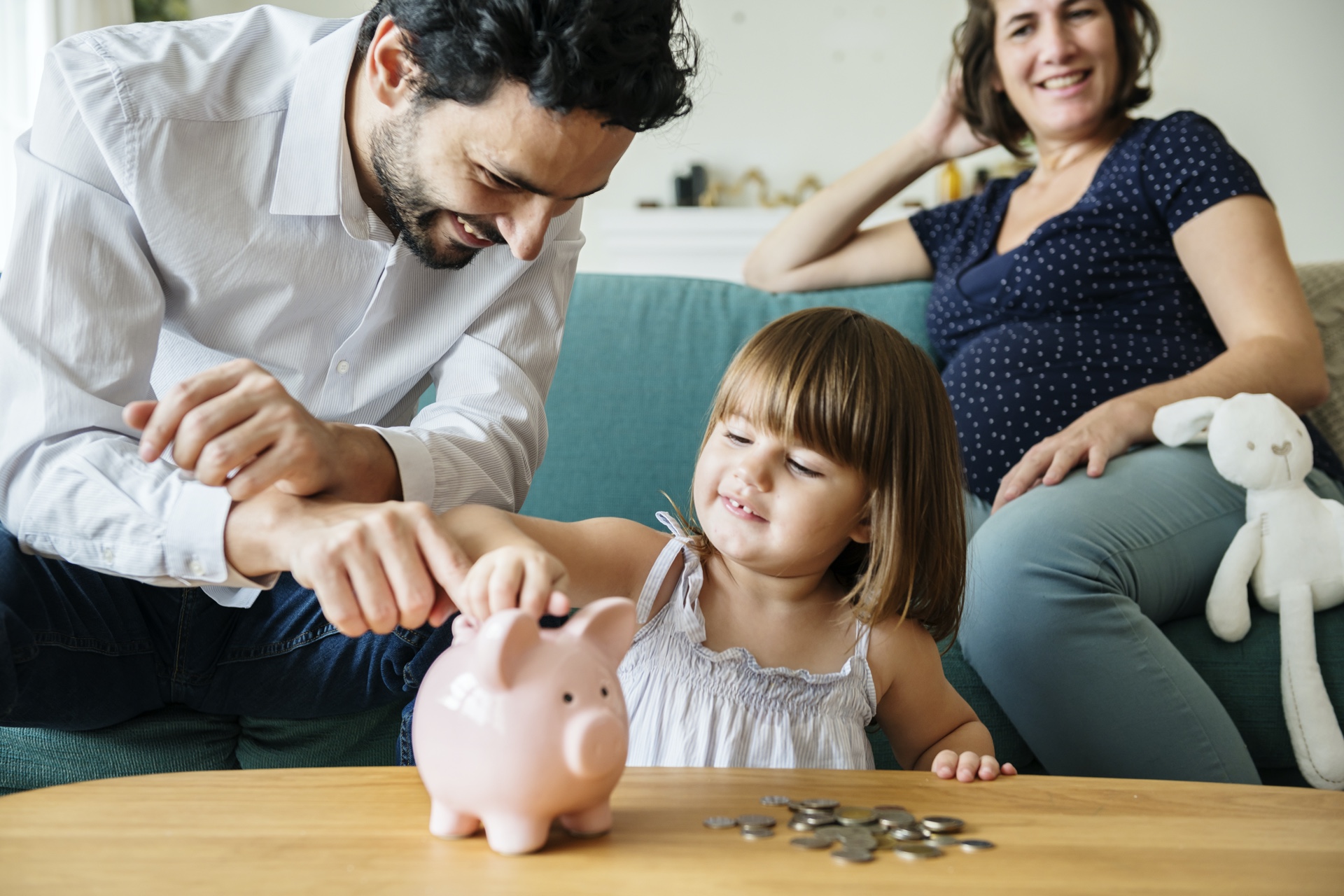Making an everyday budget is like unwinding a road full of curves and forks: an orderly and personalised budget can improve our well-being and give us more peace of mind. How can we make one?
No two personal budgets are the same. The recipe for making ours must contain personalised ingredients that only we know work for us and fit our tastes and needs. But all budgets share things in common, like tracking income, fixed expenses and variable expenses. This article will provide details on a series of recommendations to help us make our budget.

First, we must consider our short- and medium-term income as starting point for our budget. This amount indicates our spending capacity and our savings capacity. Savings is not money you have left over each month but money you’ve put away to achieve a financial goal, for which a budget is essential.
Next, we can focus on our fixed and variable expenses and analyse them. Are all our expenses necessary? Can we do without any items we buy? Ranking them by preference and need can tell us how to answer these questions. If we haven’t been keeping track of our expenses, we can start now by using mobile apps and other special tools designed for this task. Writing down our expenses in a notebook can also prove very useful if we prefer a traditional method.
Now, we can start organising our expenses by generic categories such as food, household, education and entertainment. Each category can have sub-categories to make specific and realistic budgets for each expense item. When assigning a specific amount, it is key to set priorities. If you can, you should try to set up an emergency fund to cover at least three months of household expenses.
We need to repeat this exercise regularly. By keeping track of our expenses, we can measure our short- and medium-term financial health and have peace of mind. It will also allow us to adjust our budget to our changing conditions and needs.















